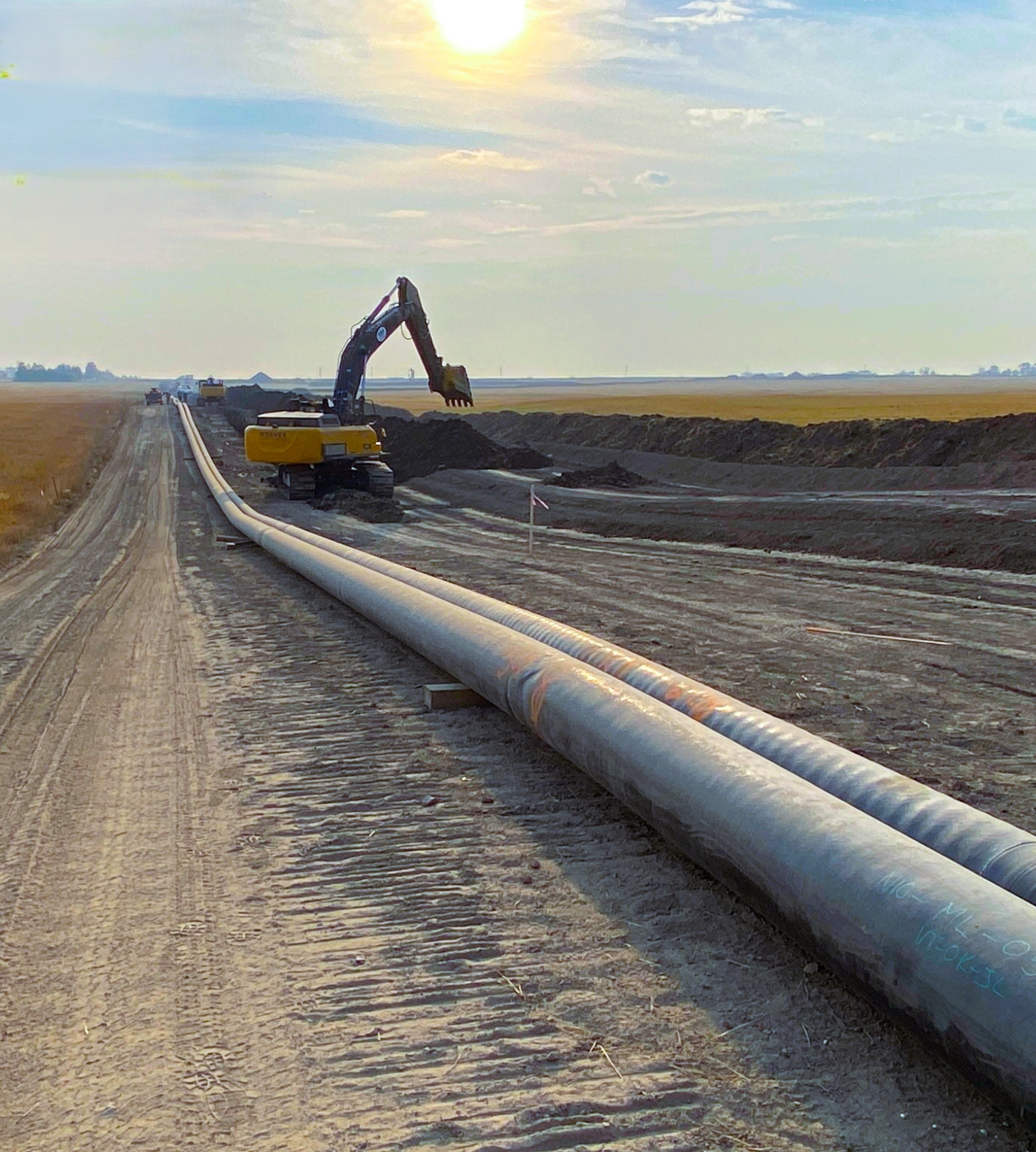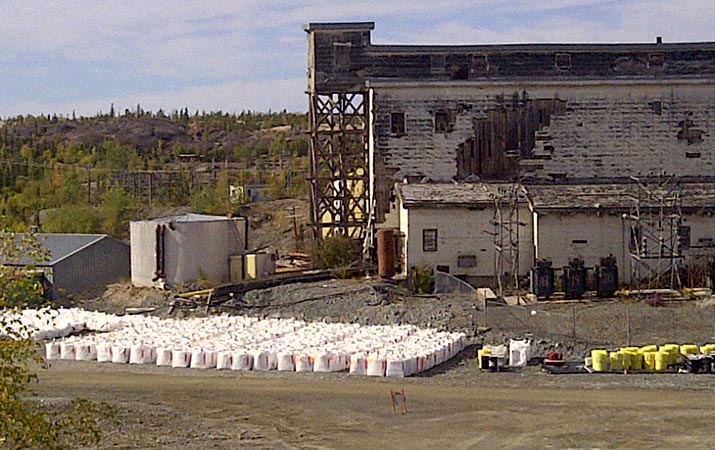If my computer had arms, it would probably slap me in the face at the end of my work day. I swear at it, give it dirty looks, and then throw it in a bag until I need it again. However, I rely on it to perform most of my daily work routine. Whether it’s checking emails or running reports I am either on or around my computer all day. As technology continues to advance, we see more tasks becoming automated. Automation increases accuracy and efficiency, providing individuals with more time to perform other tasks. As more tasks become automated it becomes critical for individuals to utilize their soft skills.
Soft skills are individual behaviors that provide a strong background for teamwork. They are the attributes people learn from a young age and continue learning. Examples of this include confidence, work ethic, flexibility, and being a team player. The soft skills people acquire can come from a variety of places. For example, I can say I get my strong work ethic from playing sports. I was never the most talented person, but I always told myself no one is going to push themselves harder. Or the problem-solving skills I learned from having an older brother who wrestles, and me having a big mouth, a valuable trait I’m glad I learned! While I’m glad I learned these skills I continue to develop, learn and adapt. One way to do this is emulating other successful people. It’s a great method to develop soft skills that you know have a reputation for being successful. Unfortunately, there’s no way to quantify or measure these skills. I can sit here and write that I’m a great problem solver with a strong work ethic and my confidence knows no bounds. But unless I display these characteristics there’s no way of proving whether or not I have them.
So, why are these becoming more important as we progress through 2024? Automation and AI can expand and generate a business model; however soft skills are irreplaceable. They can build stronger relationships in the workplace, provide better teamwork and improved productivity. While soft skills can’t be a replacement for technical skills such as programming or accounting, the value they provide is undeniable.
Everyone has soft skills. It is up to the individual to recognize them and then choose how to utilize them. I’ve heard it’s always good to finish with a quote so, “Growth occurs when individuals confront problems, struggle to master them, and through that struggle develop new aspects of their skills, capacities, views about life”.
Thanks for reading,
Mark
Mark Meidl
Operations Accountant
mmeidl@360eec.com




































































